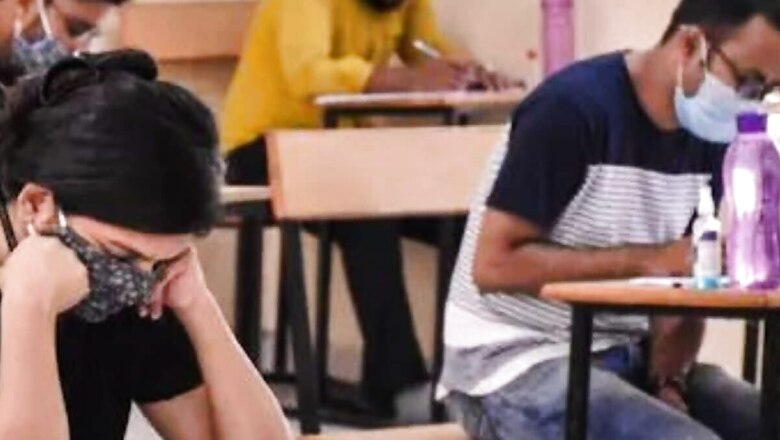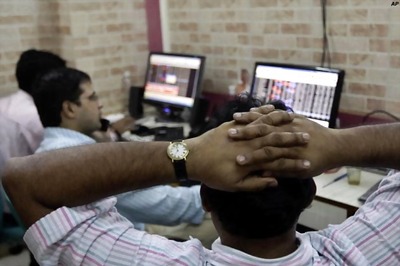
views
In response to recent incidences of cheating and fraud in government examinations, the Union Public Service Commission (UPSC) has chosen to use innovative digital technology to reform its test system. The commission intends to include cutting-edge Aadhaar-based fingerprint verification and face recognition for applicants. Technological solutions such as closed circuit television (CCTV) monitoring employing artificial intelligence (AI) and QR code scanning of e-admit cards are also being considered to avoid fraud and impersonation during exams.
This move comes after the scandal involving Puja Khedkar, a trainee IAS officer who reportedly faked documents to appear for the civil service test 12 times, surpassing the permissible number of attempts. The UPSC has filed a criminal case against Khedkar, and the Delhi Police are investigating the matter.
To facilitate these changes, UPSC is presently seeking bids from public sector undertakings (PSUs) to supply required technical services. The tender contains specifications for Aadhaar-based fingerprint authentication (also known as Digital Fingerprint Capturing), candidate facial recognition, QR code scanning of e-admit cards, and live AI-powered CCTV surveillance.
According to the tender documents, UPSC will send the selected technology provider with the exam schedule, location details, and applicant numbers two to three weeks before the exam to allow for on-site preparation. To help with fingerprint authentication and facial recognition, candidate details such as name, roll number, and photo will be sent seven days before to the test.
The service provider will be required to deploy sufficient number of QR code scanner-integrated handheld devices as well as adequate staff at each test centre, and the QR code on the hall ticket will be scanned to automatically get the candidate’s information from the UPSC database.
“The bidder should be a profit-making entity with an average annual turnover of at least Rs 100 crore from examination-based projects over the past three financial years,” the tender issued by UPSC specifies.
Throughout the mains examination, interviews, and verification processes, the service provider will be in charge of validating applicant identities using data collected during the preliminary phases of the examination process.
The tender document further stated that CCTV cameras will be strategically installed in each examination hall or room to monitor applicants and staff taking part in the examination procedure. The goal of this thorough monitoring system is to safeguard the test process’s integrity.
The UPSC holds 14 examinations each year, including the coveted Civil Services Examination (CSE), as well as several recruiting tests and interviews for Group ‘A’ and Group ‘B’ positions in the Government of India. These actions demonstrate UPSC’s dedication to maintaining a secure and impartial testing environment.



















Comments
0 comment